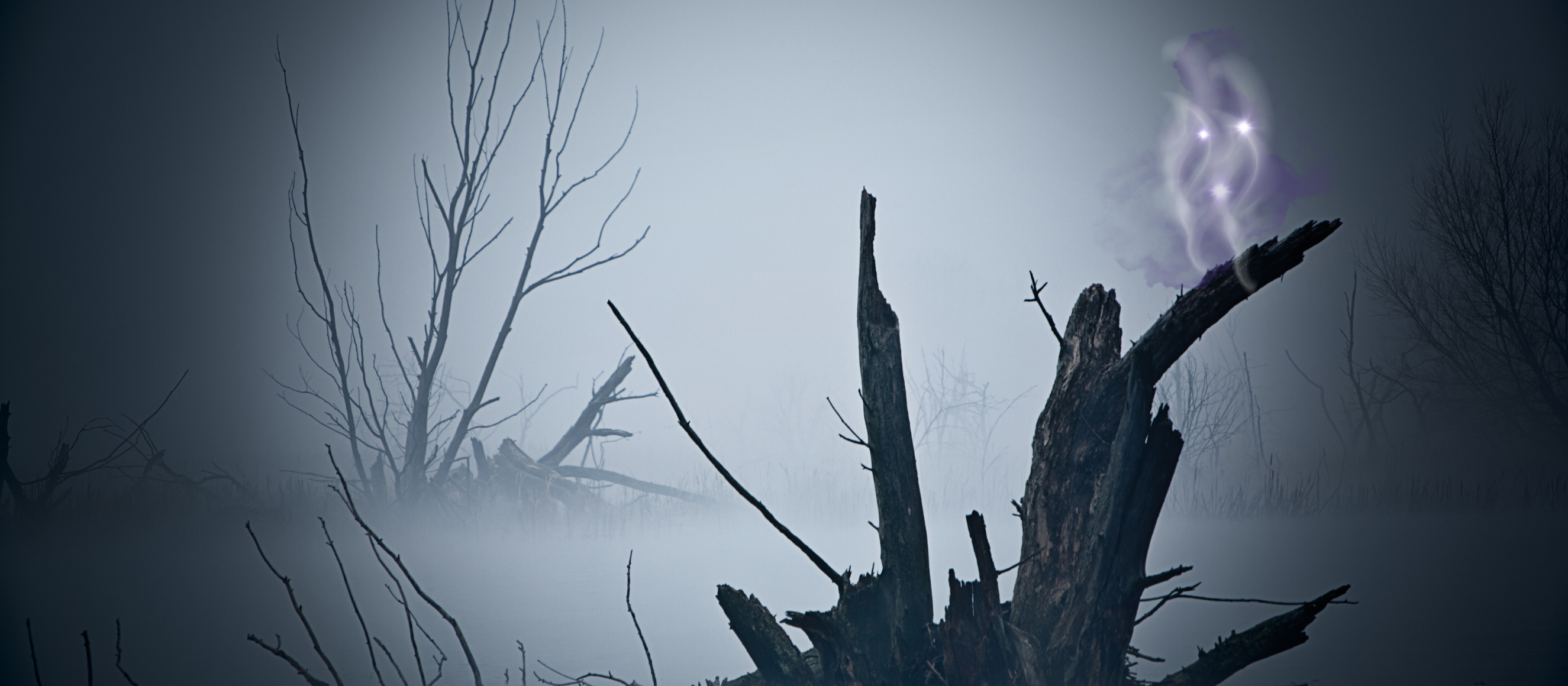By Loukia Borrell

.
Late August. The kids were heading back.
Two to college, one to high school.
We were taking them to dinner at a place
by the inlet, a quick outing
near the beach. Just the five of us.
Our waitress was Rachel. Her eyes were blue or green.
She was taut all over. I used to be taut, too. A tidy piece.
Decades ago.
I couldn’t make eye contact. I was fixated
on the hollow spot at the base of her throat and
wondered who puts a thumb there to scoop out her sweat.
My girls stared at their phones, my husband’s gaze
swept over Rachel. I was
too embarrassed to see what my son
was thinking. I turned my attention to my puffy,
postmenopausal belly. My shoulders slumped a bit
more since her arrival. We ordered. Rachel
darted off, and I, in my imagination,
abandoned my post as matriarch to get her. I cornered
Rachel by the kitchen doors that never stopped
swinging open and closed.
Leaning in, this is what I told her:
You look like you might be twenty-one. Have you gone to college?
You should go. At least get a bachelor’s. Make your own money,
so you can leave when he treats you like you’ve never met, no one washes
their dishes, the laundry piles up and you feel like something
(you)
is broken.
Don’t smoke and drink: cigarettes and liquor will make your skin
look like a Claxton fruitcake and your dermatologist won’t be able to
help you. Believe it. Until
you are 38, maybe 45 if you have good genes, shave your legs, wear short skirts and
dresses every single day. Once you hit 50, cut it out. All of it. You’ll get tired of trying to enthrall
men who don’t know who you are. Even the ones who used to think you were the highest fig on
the tree, a woman worth breaking their necks for, won’t return your e-mails or texts. And their
wives will always hate you for being born beautiful, even if you no longer are. Don’t give them
anything else to talk about.
Try not to have children
until you meet a man who misses you, even if you are just
in the next room. You aren’t going to meet him in here.
Even if he gives you a huge tip.
Avoid one-night stands, especially with customers who are
tourists from California. They will hand you a
business card, invite you over to their hotel for drinks. The inevitable will happen. Sex and then
the end.
A curtain, too heavy to lift or even part, will come down. Show over.
If they tell you they work for Hewlett-Packard
and promise you a trip to Ocho Rios, give that table
to someone else and don’t look back, especially if
they don’t want to meet your parents and older brother.
Don’t look at me like I am now, with my breasts resting
on top of my fleshy stomach, spider veins all over my thighs,
and bifocals on unless I’m sleeping, usually by 9 p.m.
I was you. Sexual. Special. Now I’m just a neurotic wife and
mother. Hurry. Seeing you makes me miss my luxurious brown hair, supple skin, and flirtatious
charm.
Bring me a glass of the house wine. Please. I’ll drink it
slowly, and
tell myself you will do
everything I said.

Loukia Borrell is a first-generation American. She was born to Greek-Cypriot immigrants in Ohio and has a journalism degree from Elon University in Elon, NC. Her poems have appeared in lit journals in the United States and United Kingdom, including Neuro Logical, The Bangor Literary Journal, Dreich, and elsewhere. She dispenses unwanted opinions on Twitter @LoukiaBorrell and has a website of her published pieces at loukialoukaborrell.com. She writes from Virginia. Read her other Unfortunately, poem here.
Why we chose this piece: Prose poems are a tough sell for us, and while this isn’t a prose poem, it straddles poetry and narrative prose in a way that really resonated with us. The rich and eventually frantic voice coupled with a good use of line breaks gives the poem a really cool monologue quality. And the content. Wow. It’s wild how you can wrestle with feminity in wildly different ways at different points in life. The idea of women being invisible after forty (or even thirty) is a common (and legit) frustration, but we loved seeing Loukia dive deep into the concept. Despite all the advice here, this isn’t so much a poem that prescribes the “right” path for all young women as it is one of regret. And that hits really hard. We all wonder what we would have told our younger selves.





